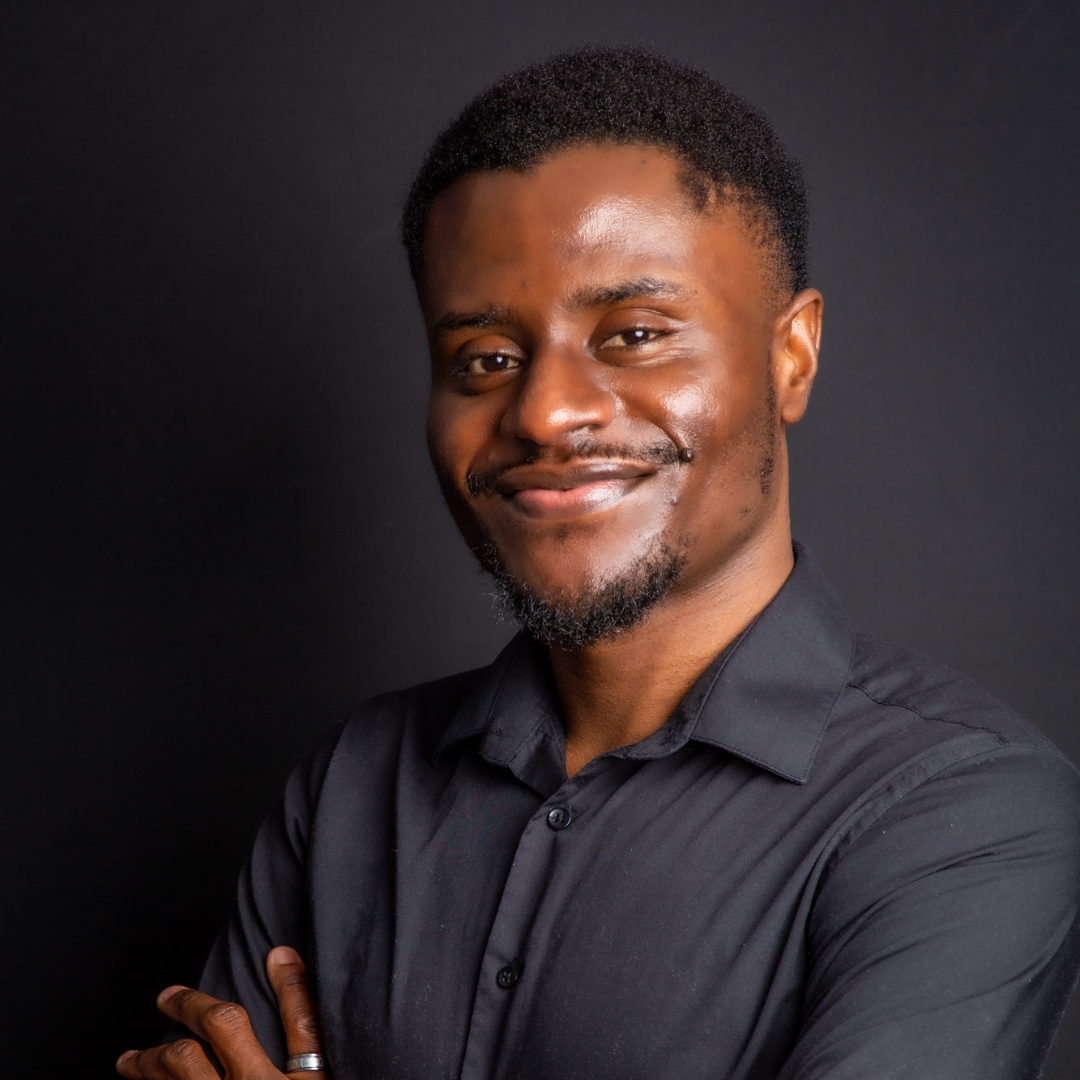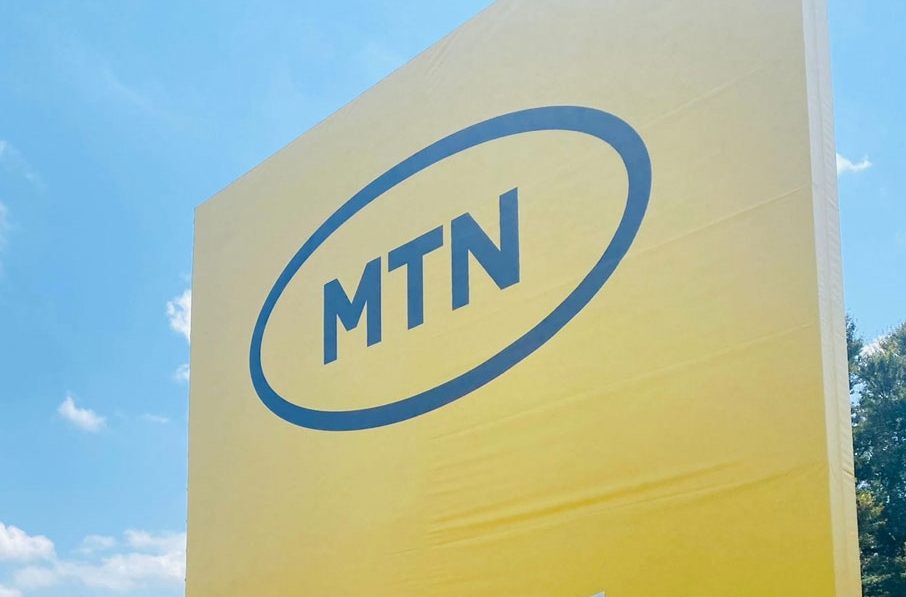Samira Nwaturuocha has always been a curious person. At an early age, she got intrigued by the biological concepts of the “cell” and how microorganisms could be so powerful as to cause other organisms to be sick. Her passion for the biological world would take her to study microbiology and work in a lab for a few years before transitioning to traditional banking and then insurance, and now, digital banking. It all feels like a well-laid plan, her career journey, but that was hardly the case. Nwaturuocha, who is COO & chief risk officer at Sparkle Nigeria, a digital bank, told me that, growing up, she never had a fixation on any one thing she wanted to be: she just understood the things she loved (drama, biology, debate, reading, teaching, and her overall curiosity) and followed the scent wherever it led.
This interview has been edited for length.
Why did you leave microbiology?
There weren’t many research institutes in Nigeria when I worked in the field. I didn’t want to end up in some lab just mixing reagents and doing basic malaria tests. I studied it because I really love it; I still do. But I couldn’t practise it in that kind of way. Maybe if I’d gotten some research opportunities, I would have stayed on.
I’m familiar with risk assessment for credit and insurance services, but not for product development. Can you help me out here?
Because Sparkle is a digital bank, things that a traditional bank would consider to be a service—receiving funds, making transfers, etc—we look at them, holistically, as products. My role as a risk manager in product development starts with conceptualisation of what the product should be. As a risk manager, I like to ensure that we’re asking the right sort of questions. What does this product do for the customer? How does it add value to them? How do we deliver that value? These are some of the practical ways that could help you in delivering your products, if you have risk management involvement. My job even goes as far as product launching: after you’ve launched the product, you come back to review and ask the right questions. How do you determine when to tweak the product because it’s not really meeting the purpose for which it was designed? And so on.
How did you get into risk management?
I’m a curious person. Once something doesn’t add up, you can trust that I’d want to look into it to find out what I don’t know. I started my career in Guaranty Trust Bank. I was in sales; and many times, when my customers wanted to purchase treasury bills or bonds, those conversations were a bit difficult for me to have because while at training school, treasury was not my forte. I lived in Northern Nigeria at the time. I had a conversation with my divisional director at the time about doing something I felt would challenge me. The bank was just setting up its enterprise risk team. In enterprise risk, you’re not only doing credit risk, you’re doing operational risk, market risk, all the risk areas. I thought this might be a good time to join that team. I took a gamble on it. The more I got into it, the more I loved it. I started out with interest rate risk management, within the financial market risk team. I’d later get redeployed from market risk to credit risk. I didn’t like it at the time, because, you know, I’d been practising in financial risk management for about four years and was actually considering a career in just financial risk management. But a mentor told me my redeployment would broaden my horizon. He encouraged me to give it a try, and that’s what I did. I ended up loving it because credit is the engine room of banking.
After a while, in line with the conversation my mentor had with me, I wanted to be a holistic risk manager. It wasn’t something that was common at the time; a lot of my peers and senior colleagues were experts in one area but didn’t know so much about another area; even organisations were looking for risk managers who were experts in one area or another, not so much open enterprise. And I thought to myself that because I wanted to have a holistic view, I should take a gamble. And so I requested to move to operational risk, where I also got the opportunity to do things like environmental and social risk management or sustainability and business continuity. And that’s kind of how I got to experience various areas of risk management.
Was the sustainability risk aspect anything to do with climate change?
Exactly, yes. It was something that my manager sort of threw at me, and I took it up because I was curious. At the time, the Central Bank of Nigeria had just started to drive the conversations around sustainability, and it was a great opportunity to delve into it.
Why did you decide to move from traditional to digital banking at a time when traditional banks are increasingly shipping digital-heavy services?
Part of risk management is waking up and smelling the coffee. What I’m referring to is change. Like you said, even the traditional banks are going digital. Risk management is about recognising change. Another reason, for me, was my sense of purpose and vision. All the organisations I’ve worked with, I believed in their vision. When I worked with Guaranty Trust Bank it wasn’t just about making revenue from customers; it was about offering transparent services that helped customers build their businesses, from small and medium businesses (SMEs) to multimillion naira businesses. When I worked with AXA, it was about helping people live better lives. Here at Sparkle, the mission is financial inclusion. I am definitely connected with that vision and that’s why I decided to move to Sparkle.
As someone from a traditional background, banking and insurance, what do you think fintech can learn from the more established legacy institutions?
I’d say issues around governance: definitely risk management, compliance with risk, information security risk, and data privacy. I think traditional environments are more conscious around governance topics whereas in the fintech space, you want to be nimble. But you also want to build to last. I mean, look at what’s happening in the crypto market today. I’m pretty sure there are some people saying, “I told you so!” because there’s nothing new under the sun. Life is a cycle; if you apply certain principles, you get certain results. There are a lot of gains to be made from having the right level of governance, the right level of risk management, and even the right level of compliance in the digital space.
Speaking of crypto, Sparkle doesn’t facilitate crypto transactions. Why?
We are a licensed bank in Nigeria; that means we have to comply with the regulations and laws of the country. It goes back to finding that right balance, in terms of governance.
Let’s talk about your time in insurance. Why did you go into insurance, all the way from banking?
I was driven by a desire to gain more technical competency in risk management. I had been approached by a recruiter and asked if I was interested in the opportunity to work with AXA. AXA had just bought a majority stake in Mansard.
Risk management in insurance is, in my humble opinion, more technical. In the context of the Nigerian environment, you are dealing with a lot more. If I pick the average banking product, for example, loans, and I wanted to give you a loan and I have certain information about you, there is a certain constant that I can put on top of those variables to have a certain level of confidence to know that I’m pricing correctly to improve the chances of the client repaying the loan. In banking, both as a relationship manager and also as a credit manager, there were various controls that we could put in place to ensure that if funds were disbursed to a client, they would utilise those funds for the stated purpose and, therefore, the purpose of the credit would be achieved.
In insurance, you’re dealing with so many other variables. If I sold car insurance to a client, for example, it’s difficult to price the client adequately as low-risk because there’s the state of Nigerian roads, traffic, and road-raged drivers who could bump into their car.
And in the context of the Nigerian market, I also felt very strongly that because of the business model AXA was operating, I was going to be able to leverage on that to learn risk management in a much more technical way—and that was my experience.
Let’s talk about Sparkle Business. That’s something you’re promoting now…
One of the things Sparkle Business is passionate about is financial inclusion, and when you look at the financially under-included businesses, you’re talking about SMEs and individual entrepreneurs. With traditional banking, it is time-consuming and challenging for folks like this to have to go and spend so much time in the bank. And so, we are offering a solution like Sparkle Business, where we have features such as inventory and invoice management and we also offer solutions like a payment link. If I buy a product from a vendor on Instagram, she can send me a payment link, which is tied into her bank account; and that is building her records and financial history, which is going to make it a lot easier for her to get credit and even grants.
We have a solution that allows our Sparkle Business users to do inventory management, take advantage of tax advisory services, and manage their payroll. So what you’re getting is not just a traditional banking app, but really a solution that takes care of the customer’s needs in one total package.
My Life in Tech (MLIT) is a biweekly column that profiles innovators, leaders, and shapers in the African tech ecosystem, with the intention of putting a human face to the startups and innovations they build. A new episode drops every other Wednesday at 3 PM (WAT). If you think your story will interest MLIT readers, please fill out this form.






















